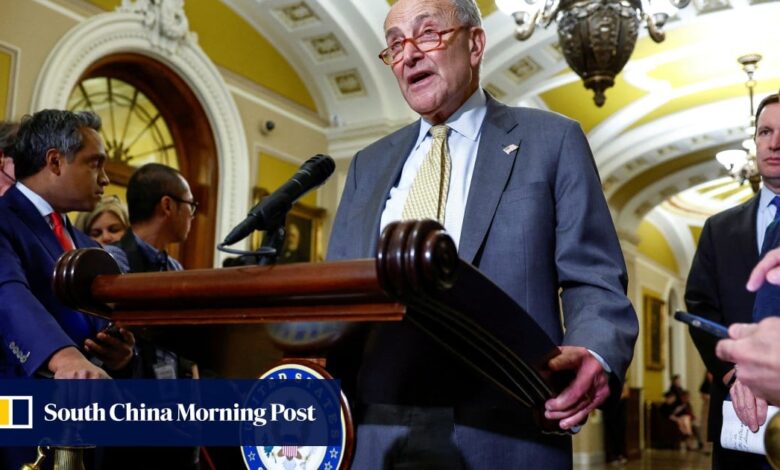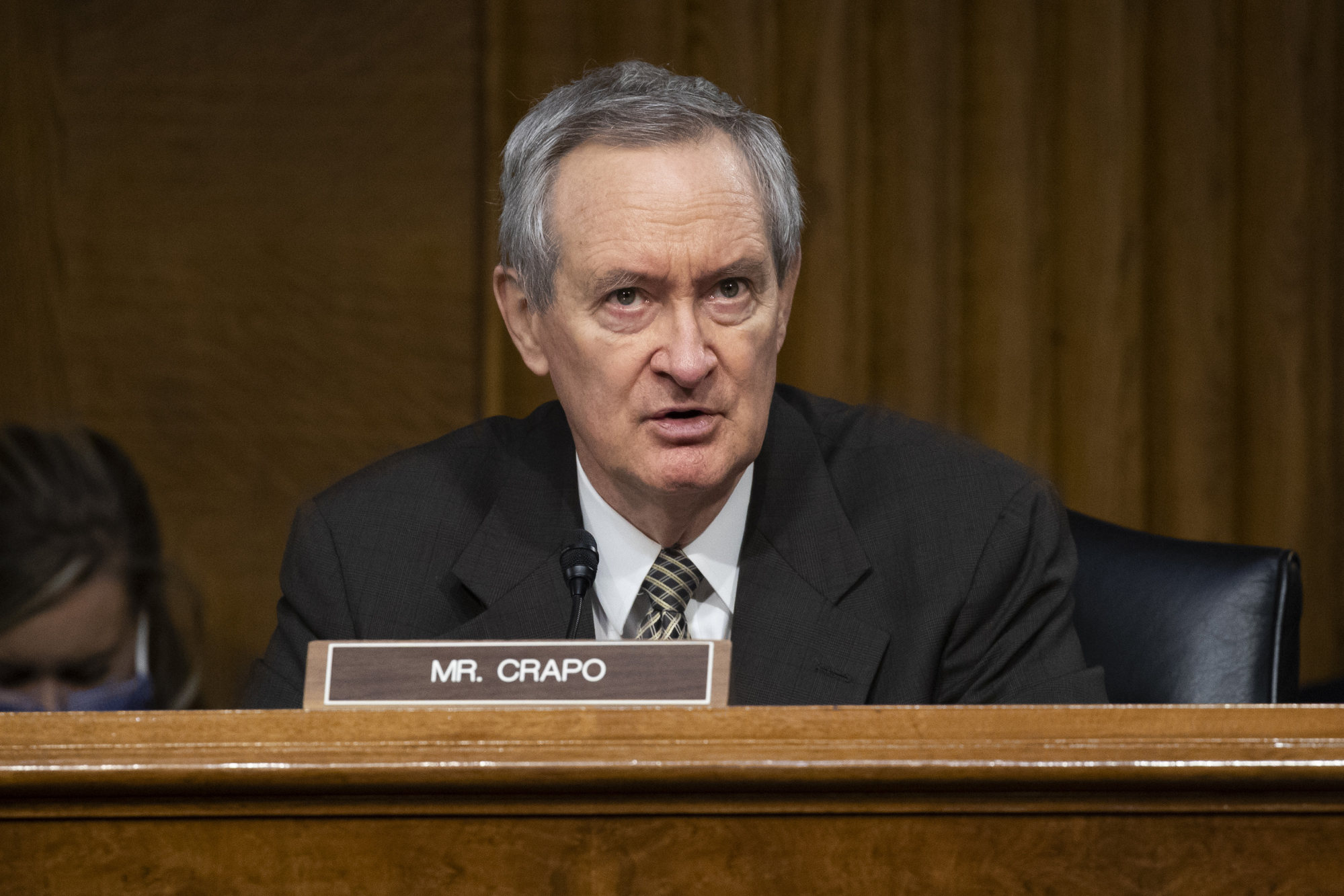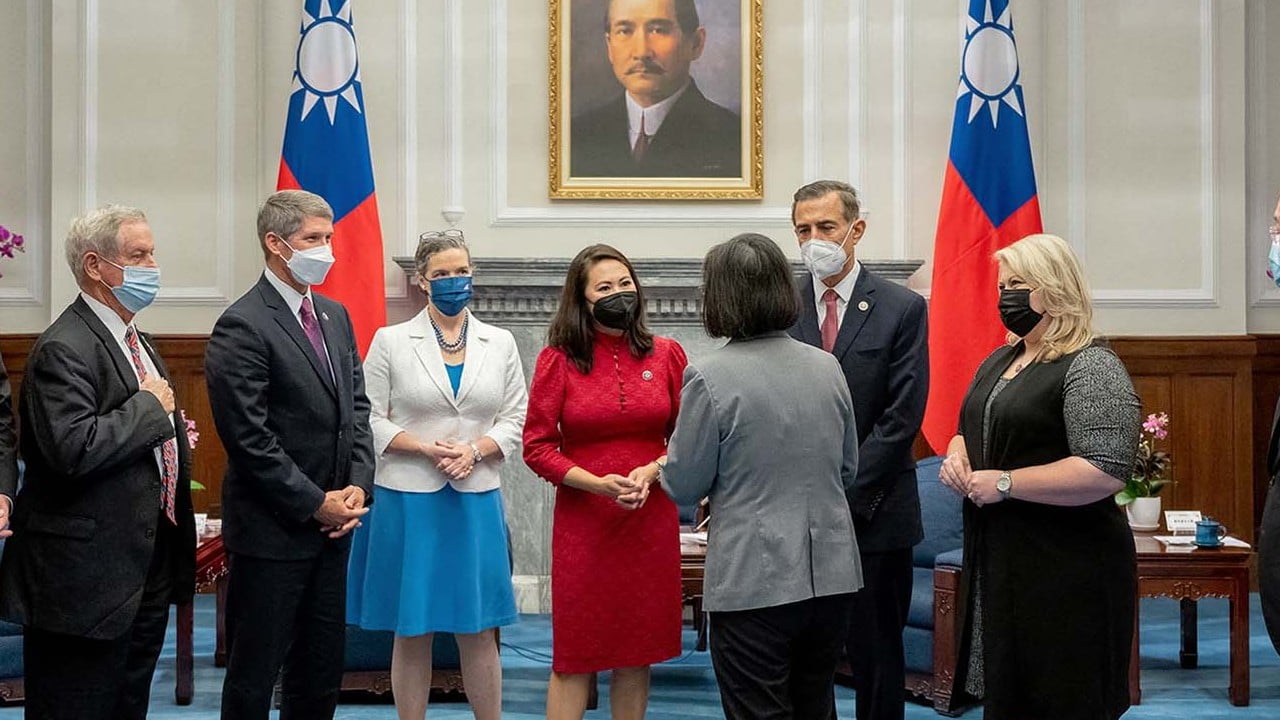Beijing says it would welcome a visit by US senators next month

[ad_1]
Beijing said it would welcome a proposed visit to China next month by US senators, seeing it as an opportunity to “inject positive energy” into bilateral relations.
“China welcomes people from all walks of life in the United States, including members of the Congress, to visit China so as to have a better understanding of China, promote exchanges between the two countries, and inject more positive energy into the China-US relationship,” Liu Pengyu, spokesman for China’s Washington embassy, said on Thursday.

The Senate majority leader, Charles E. Schumer, a Democrat of New York, and Senator Mike Crapo, Republican of Idaho, are planning to head a bipartisan trip to China in October, according to multiple reports. It would mark the first such visit by members of the US Congress to mainland China in more than four years.
The delegation also expects to visit Japan and South Korea, according to Crapo’s office. Schumer’s office did not immediately respond to inquiries about the trip.
While invitations have reportedly been extended to several senators from both parties, the delegation’s membership remains unclear.
US Senate’s Schumer plans to lead delegation to China, Japan and South Korea
US Senate’s Schumer plans to lead delegation to China, Japan and South Korea
A trip to China by US lawmakers would follow a flurry of visits by senior US government officials in recent months, including Secretary of State Antony Blinken, Treasury Secretary Janet L. Yellen, Commerce Secretary Gina Raimondo and John F. Kerry, the special envoy on climate change.
Some senators have expressed concerns about Schumer’s proposed visit. “Communist China has chosen to be America’s enemy and NOTHING Schumer says is going to change that” Senator Rick Scott, Republican of Florida, said in a statement.
The senators’ trip would be “significant”, and such congressional visits are “commendable for their pragmatism”, Zhiqun Zhu, a professor of international relations at Bucknell University, said.
He noted that visits to the mainland had been halted for over four years – “a sharp contrast to the frequent visits to Taiwan by members of Congress in recent years”.
At least 37 US lawmakers visited Taiwan in 2022, the most in a decade, according to Bloomberg. After then-House Speaker Nancy Pelosi met with President Tsai Ing-wen in Taipei in August 2022, Beijing launched an unprecedented military exercise around the self-ruled island.
Representative Ro Khanna, a California Democrat, also hopes to lead a House delegation to China when the State Department deems it “appropriate”, The Washington Post reported. His office did not immediately respond to questions about his proposal.
Khanna is a member of the House Select Committee on the Chinese Communist Party (CCP). But the committee’s chairman, Mike Gallagher, a Wisconsin Republican, said that he had “no plan” to visit China – “not right now,” he said.
In May, Schumer, a long-time China hawk, announced plans for a legislative package dubbed “China competition bill 2.0”. The new bill, aimed at expanding last year’s landmark Chips and Science Act, would focus on issues including limiting the flow of advanced technologies to China and deterring Beijing’s aggression toward Taiwan.
Will Gina Raimondo’s Beijing meetings be a litmus test in US-China relations?
Will Gina Raimondo’s Beijing meetings be a litmus test in US-China relations?
“I think the Chinese government understands that Congress is a stronghold of anti-China politicians today,” Zhu said.
“However, this will not affect how members of Congress will be received in China, and the Chinese are likely to show hospitality and warmth towards the bipartisan group led by Schumer and Crapo as part of the effort to rebuild trust between Congress and the Chinese government.”
“As a congressional leader, Schumer’s visit will carry additional weight, and will be taken seriously by Beijing,” he added.
Wang Huiyao, the founder and president of the Centre for China and Globalization (CCG) in Beijing, said a visit led by Schumer was “necessary” as part of any effort to strengthen US-China communications “from all sides”.
“It will be a good start,” he said.
Additional reporting by Bochen Han
[ad_2]
Source link






